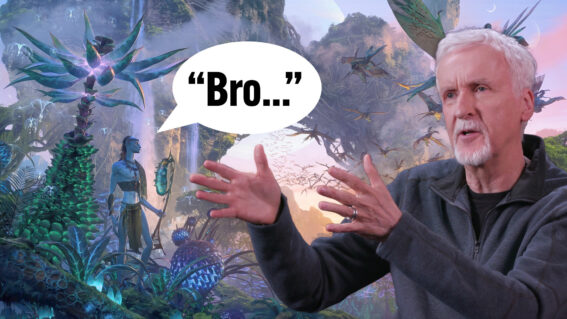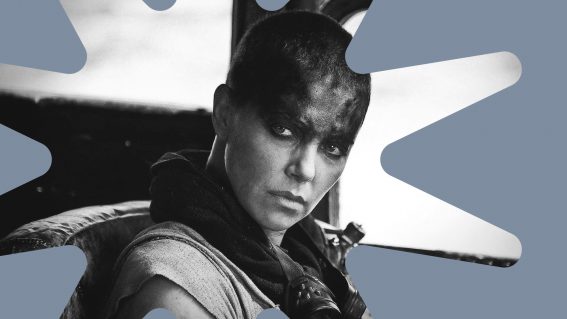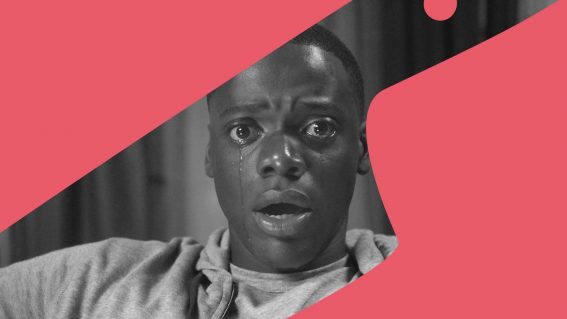Squid Game’s priority? Franchise future over capitalist critique (or story)
You might have missed that two of the world’s biggest shows made their return in the past week.
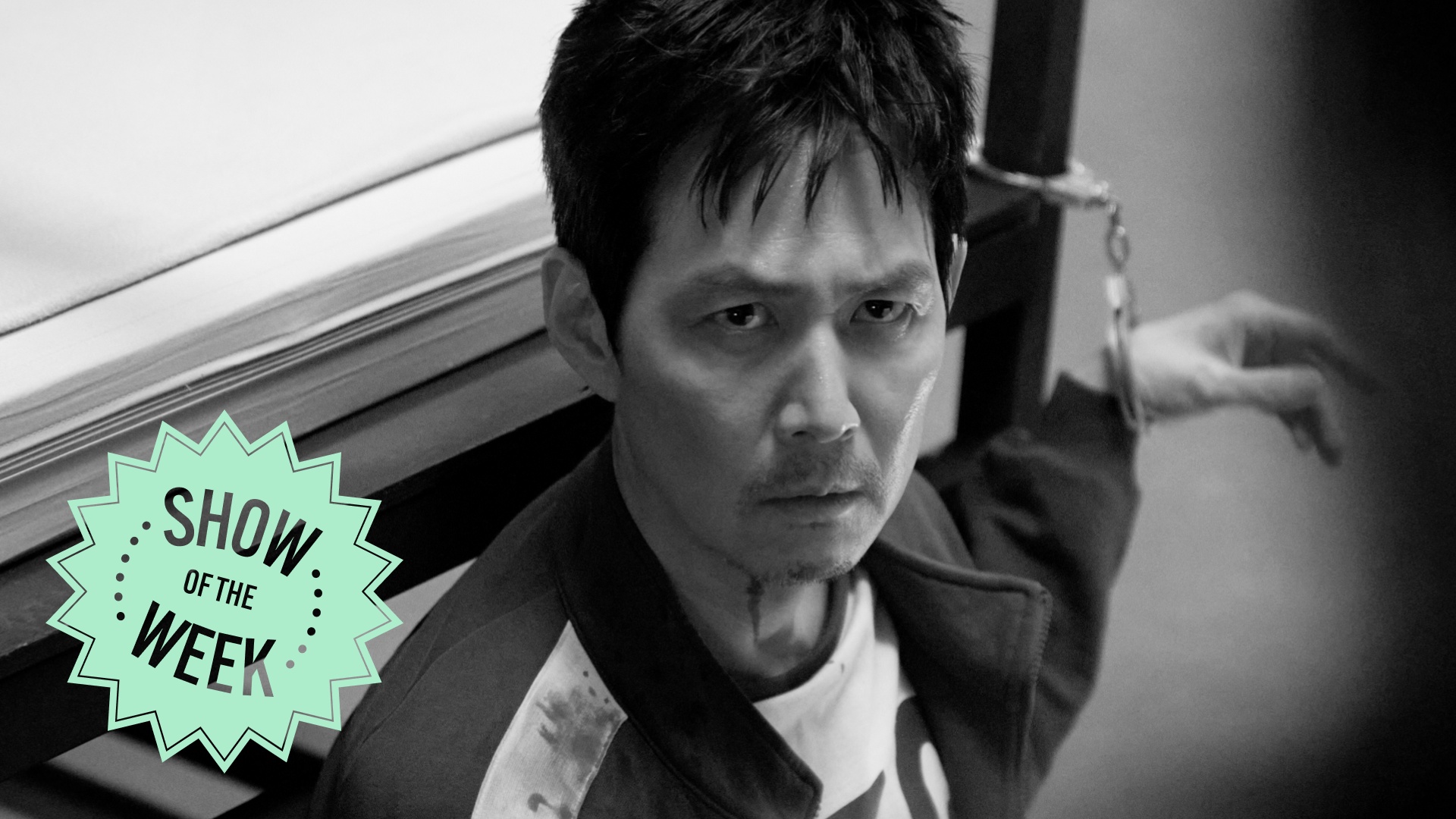
If you weren’t paying attention too closely, you might have missed that two of television’s biggest shows made their return in the past week. Netflix’s Squid Game and Disney+/Hulu’s The Bear have suffered twinned fates: international sensations right out of the gate whose fandoms have since turned sour or gone quiet, leaving successive seasons to quietly limp onto their respective services with relatively little fanfare.
I’ve not seen all that much promotion for either. This might be fine, you could argue, since the algorithms clearly do their job and Squid Game has already climbed back up to the top spot on Netflix’s internal charts (if that internal chart is accurate, to be fair).
Related reading:
* French history gets saucy in Carême
* It’s detectives vs arsonists in Dennis Lehane series Smoke
* The best shows of 2025 so far
But what happens to a show if it’s only ever preaching to the converted, ie to the people who see there’s a new season available and immediately think, “perfect, that’s my weekend sorted”? Both Squid Game and The Bear, this time around, kept reviews embargoed until the day of release and, in The Bear’s case, specifically several hours after it had been made available to the public. Without any substantial media outreach, or that much of a consistent marketing campaign, neither of these shows are doing the work to build up the kind of sustainable fanbase needed for any sense of longevity.
Because, after all, that’s the real ticket to a hit show. You want it to build like an avalanche, leaving the uninitiated with a constant awareness that they’re yet to partake in the one thing on everyone’s lips right now. That’s what makes people want go back and catch up. That’s what carried Game of Thrones, The Wire, The Sopranos, Breaking Bad etc etc over the finishing line—the sense that it was a cultural crime to be out of the loop. But it’s brutally hard, now, to reach that necessary velocity.
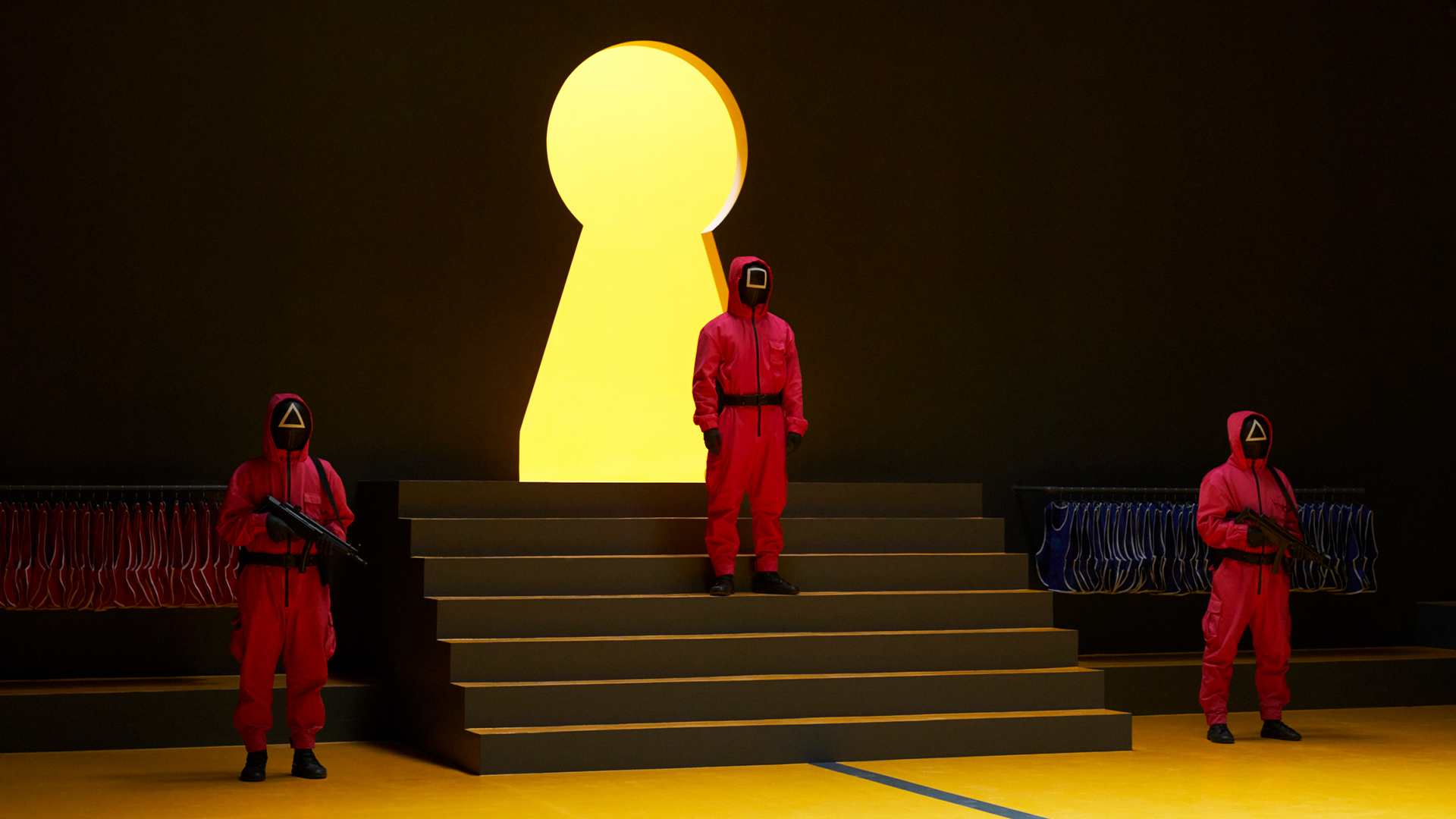
A large part of it, certainly, can be blamed on the “binge watch” model of release. Sure, everyone might hungrily consume your show over a weekend, but that means the conversation’s dried up by next Friday. Even though Disney+’s Andor, for its second season, was dropped in sizeable three-episode chunks, that was still enough of an extended period of time to make it feel like a significant cultural moment.
The same could be said of HBO’s The Last of Us—even if the reaction could be divisive in certain corners of the internet, it was still being talked about with enough consistency that it could draw in the morbidly curious. The talk doesn’t always have to be universally good. Sometimes the feeling that you should watch something just so you can partake in the conversation around it (whether it’s pure discourse or memes) can be enough of a motivator.
But television’s problem with sustainability also, inevitably, comes down to what these streaming services are choosing to commission and renew. I’ve written enough about how ruthlessly a service like Netflix will drop a show if it doesn’t meet their desired metrics, without offering any space for natural growth—the opposite can be true, too. Sometimes shows that really didn’t need another season are extended far beyond their natural life.

Squid Game, ironically for such a pointed commentary on the capitalistic drive, wasn’t particularly conceived as a multi-season story but was obligated to become one purely due to its financial success. Its creator, Hwang Dong-hyuk, has said as much to Forbes: “I wasn’t seriously considering that possibility, nor was I particularly eager to do it. Physically and mentally, making the first season was so exhausting, so I never thought I’d want to make another season.”
And it’s not that season two or three are particularly disastrous, but there are elements that feel clearly less like storytelling versus story engineering, the cold, logical work of moving us from situation A to situation B for the good of the franchise’s future. Season two was a little more promising: the previous game’s winner, Seong Gi-hun (Lee Jung-jae), returned for a second round in an effort to dismantle things from the inside, only to discover that even those armed with knowledge would still actively choose to put their lives on the line for a piece of the capitalist pie.
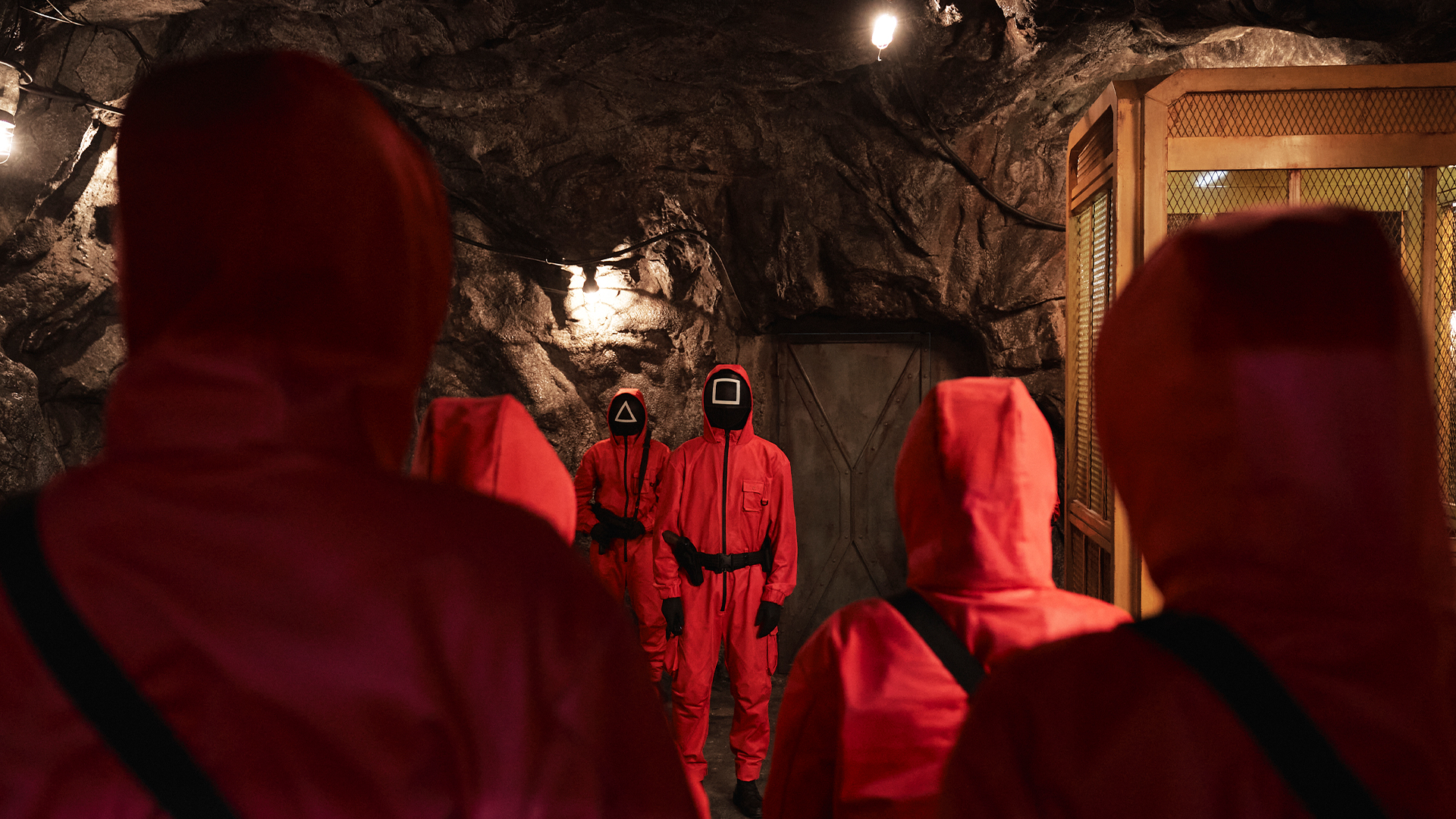
But it’s clear Hwang sees the end of season one as a kind of ideal conclusion, in tonal terms—deeply cynical with that little sliver of hope—and the forcefulness with which season three tries to circle back to that place ends up destroying the element of surprise. We return to Gi-Hun, shattered after his failed attempt at rebellion, as he slowly starts to build back up his hope for humanity. There are those that make us despair, and those that rally us, among them Cho Hyun-ju (Park Sung-hoon), a trans ex-soldier, and expectant mother Kim Jun-hee (Jo Yu-ri).
Season three feels a little less interested in the murkier moral middle, partially because the games this time around are based less around cruel and arbitrary luck (like how picking a certain shape might spell life or death), and more around all-out Battle Royale scenarios. In fact, the shape of season three’s arc feels dictated most by what comes at the very end: a surprise cameo that hints at the show’s future, which we can surmise is less Hwang’s intent than Netflix’s. The question is, will the streamer put any effort into telling us what’s coming next, or will we have to rely on the algorithm to do all the work again?









